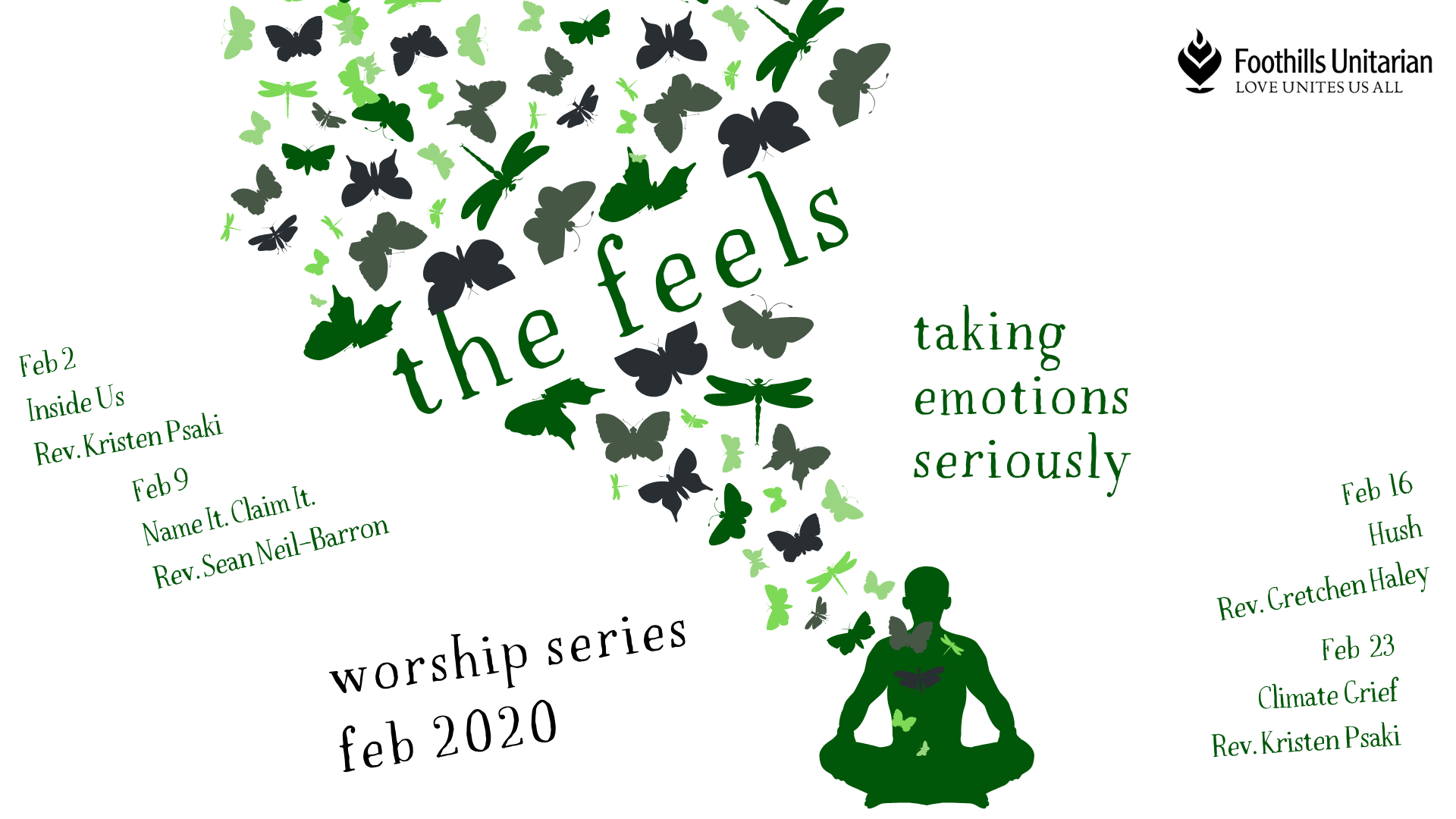[vc_row][vc_column][vc_column_text]I recently took one of those “which presidential candidate do you most align with” quizzes. It was a really extensive version, but even still I was surprised that one of the questions was “should college classes have ‘trigger warnings’ for their students?”
Like a lot of other things that have become politicized (and polarized) today, it’s really too bad, because it makes it so much harder to have a nuanced conversation about the idea, and its usefulness.
To be “triggered,” or what somatic teachers call “activated,” is to experience a bodily response to something in the present connected to a threat from the past. It isn’t just about past pain, it’s about danger.
Once any of us get triggered, our fight, flight, or freeze response kicks in, and the rational brain becomes inaccessible. It doesn’t matter if there’s an actual threat – our bodies experience a threat, and in that place, healing becomes impossible.
On the other hand, somatic teachers warn that we should not conflate being “triggered” with a bodily experience of pressure or discomfort – experiences that actually signal an opportunity for learning, growth, and healing. That is, if we can tolerate them, and stay connected through them.
“Healing involves discomfort,” as Resmaa Menakem writes, “but so does refusing to heal. Over time, refusing to heal is always more painful.”
To face all of the challenges of life today, we must learn to discern triggers from discomfort. And we must learn to settle our bodies, and stay present to (rather than checking out from) the pressures that our bodies experiences. Experiences that signal grief, anxiety, and also inspire us to act, and to change.
These are the lessons and challenges Rev. Kristen will be exploring this Sunday in our service on climate grief, the final in our series, The Feels.
Hope to see you at 8:30, 10, or 11:30.
In partnership,
Rev. Gretchen[/vc_column_text][/vc_column][/vc_row][vc_row][vc_column][vc_column_text]
Notes from The Feels: Week 3 – Hush
Listen to the message
Read the transcript
Text
Charles Bukowski’s Bluebird
“there’s a bluebird in my heart that
wants to get out
but I’m too tough for him
I say, stay in there, I’m not going
to let anybody
see you.”
“Freedom has a Rhythm the Body Knows” (Call to Worship)
“Despair hasn’t gotten us yet,
nor overwhelm –
which is, a kind of miracle –
surrounded as we are
by this much
beauty.”
Referenced in the Service
Resmaa Menakem’s My Grandmother’s Hands: Racialized Trauma
Rachel Yehuda: How Trauma and Resilience Cross Generations (Interview)
Music
We sang our series theme song, Break the Shell
Our Choir sang Hush and Show Us How to Love at 8:30 & 10
Further Resources
Podcast conversation: Trauma, Healing & Collective Power with generative somatics
Generative Somatics – communal body-based healing
A summary of the foundational work, The Body Keeps the Score by Bessel Van der Kolk
Remember
Feelings happen in our bodies.
When they are under-processed, they are passed on person, to person, across generations.
To metabolize our feelings, we need to heal in our bodies, allowing the joy and the resilience that also lives there to flourish, and to be free.
How can you pay attention to the wisdom, and the wounds present in your body, today? What is a move towards wholeness? [/vc_column_text][/vc_column][/vc_row]
